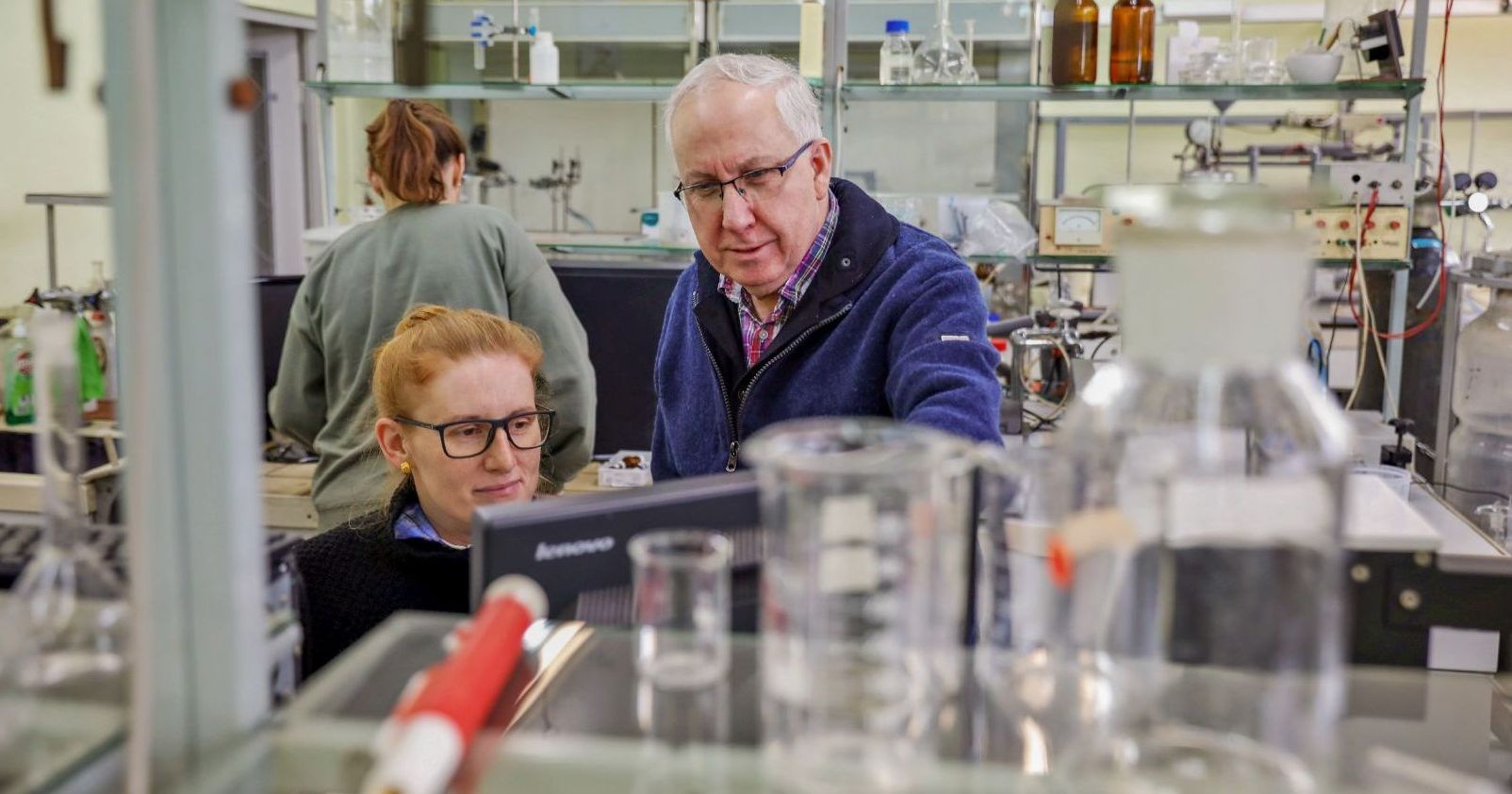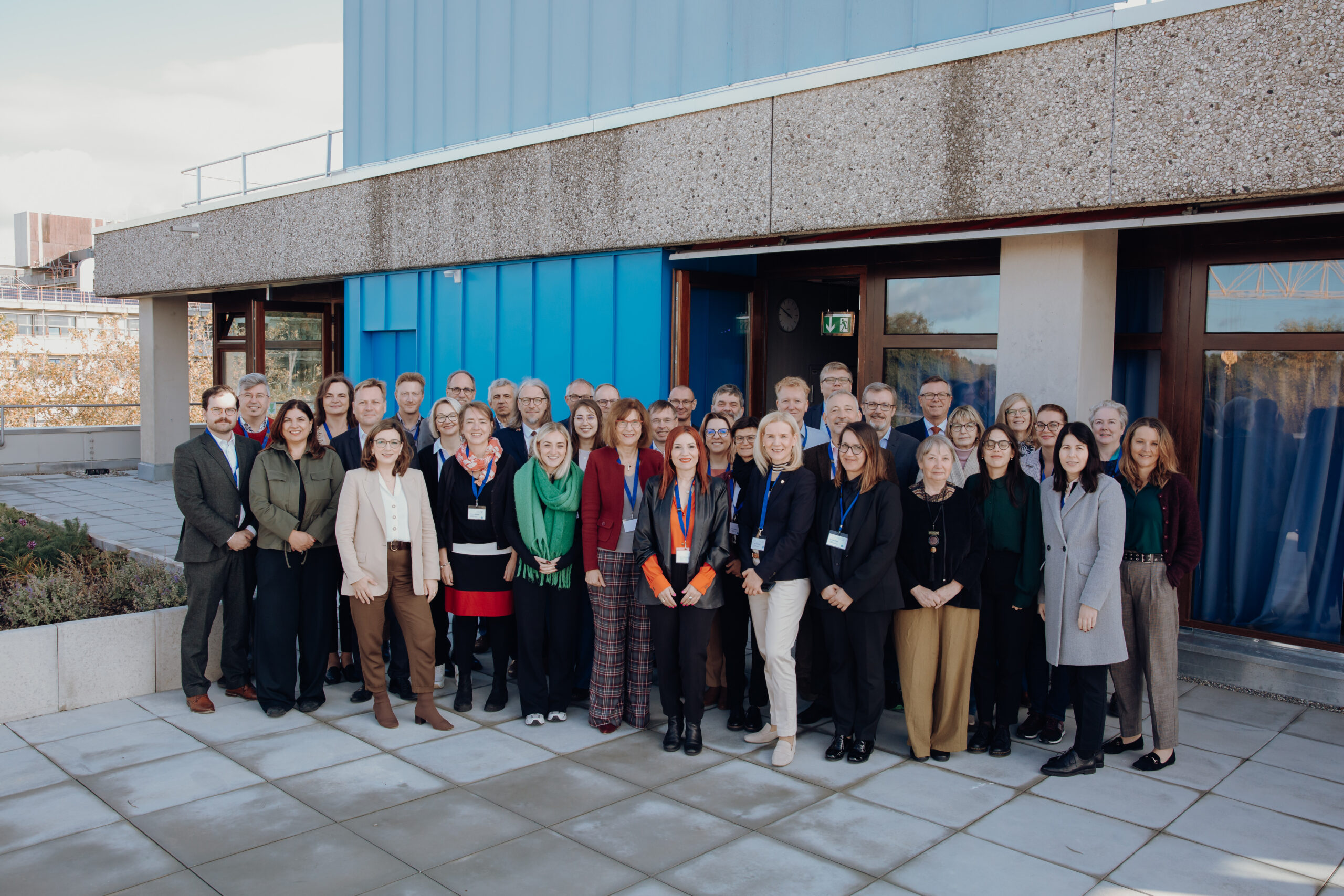How can science help to save our planet? The researchers from Nicolaus Copernicus University in Toruń are looking for solutions that may protect us from, among others, climate changes, drought and extinction of bees.
As a result of climatic change and the decrease of acreage, the system of plant growing is still evolving. The agriculture is aiming at industrialisation and focuses on fast production. What then could be done to make it in accordance with the nature? In order to complete this task, it is necessary to find new grounds for cultivation. One of the ways of developing new terrains for agriculture is the use of high salinity grounds, which exist in large numbers.
Too high salinity also refers to many other areas in the world and it is linked with the negative activity of the man, such as inappropriate irrigation, deforestation, and intensive fertilisation. Salinity may lead to physiological draught for plants: a plant which is grown in the ground with too low osmotic potential cannot collect water from the environment in which it grows. This leads to decrease of crops.
For years, the biologists of NCU have been challenged to deal with the issue of increasing plant immunity to salination through their inoculation with selected microorganisms which exist in extremely salinised areas. It is the microbiome of those areas which affects the growth of plants growing in salinised soil or affected with a draught, which has been proved by the NCU scientists.
Bees are not able to protect themselves against pesticides and at huge chemical concentrations they die. The NCU researchers are a part of a team whose aim is to search for specimens of natural origin which protect insects.
– Pesticides usually affect bees’ nervous system, they change their behaviour and decrease immunity – explains Daniel Załuski, Dr. habil, NCU professor, from the Department of Pharmaceutical Botany and Pharmacology of Collegium Medicum. – Our research team have begun research on developing substances of natural origin which would protect bees against the negative influence of insecticides from the group of nicotinoids.
The scientists from the NCU Faculty of Biological and Veterinary Sciences focused on the research of lupin to select drought stress markers that impact plants and may cause, among others, flower abscission.
They chose lupin because of its economic and environmental-economic meaning. This plant grows protein-rich seeds with an agreeable composition of amino acids, and it is capable of symbiosis with root nodule bacteria which, by atmospheric nitrogen fixation, increase soil fertility and at the same time decrease the necessity of artificial fertilisation. – It is only when we have carried out all planned experiments, both on the level of proteome and of the transcriptome that we will be able to deal comprehensively with the issue of defence mechanism of lupin which is triggered off as a response to drought stress.
If we are able to select drought stress markers, this knowledge can be used to select the varieties of lupin which are characterised by greater resistance to drought and thus more profitable to farmers. Global warming is to continue, we are under threat of drought which will endanger not only lupin but other plants as well. As some parts of the mechanisms which function in plants are universal, we cannot exclude that the results of our research will find applications for other plants, too.
Chemists from the NCU, due to their observations of the desert beetle which can both collect and repel water, wish to develop membranes able to transport water and retain salt as well as other contaminants more efficiently. It is connected with water shortages on our planet.
Researchers started wondering how to transfer the solution from nature to the laboratory because such a phenomenon is employed in the process of membrane distillation.
More research news from the NCU: www.news.ncu.eu










